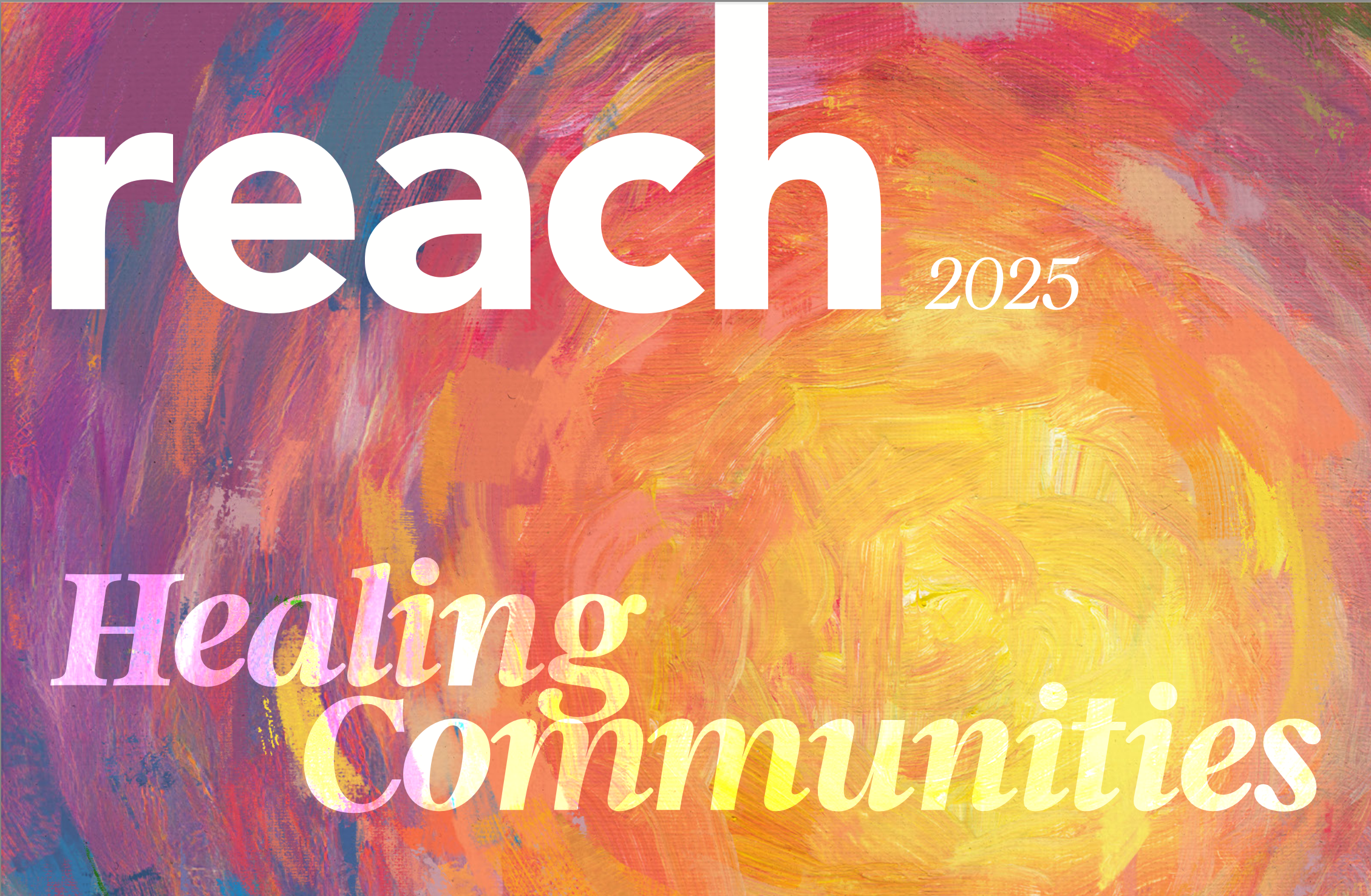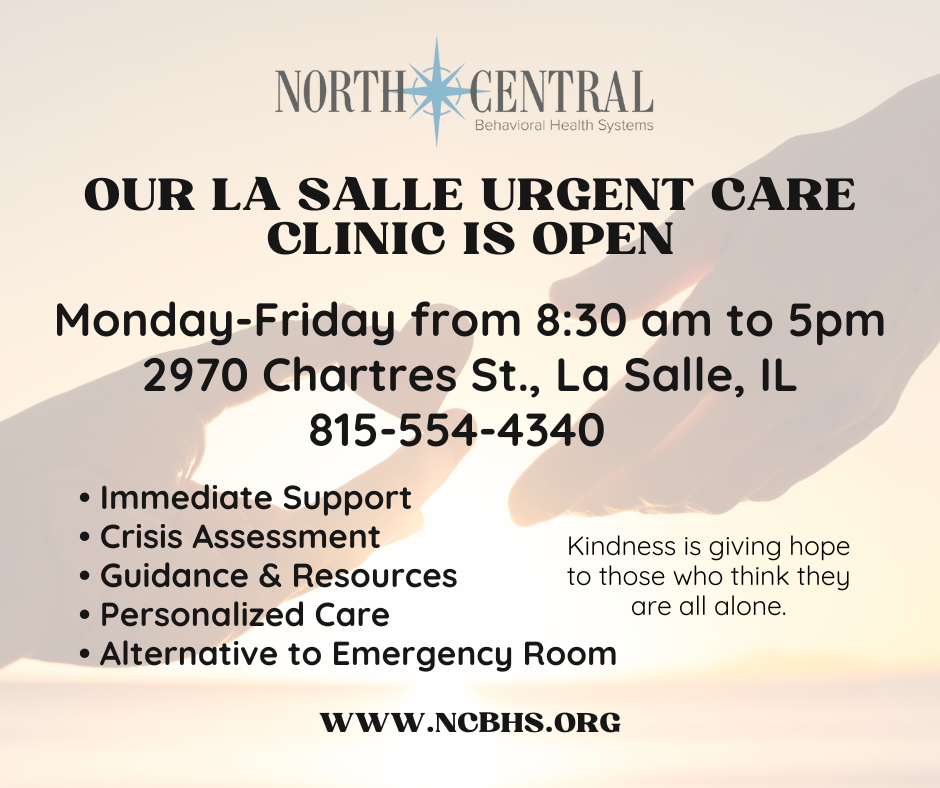
What is the Definition of Substance Use Disorder?
An addiction, or substance use disorder (SUD) is a condition in which an individual excessively uses alcohol, tobacco, medications, or illegal drugs despite the effects. The complex condition can lead to harmful physical, social, or emotional consequences.
People who use uncontrolled substances may experience impairment of day-to-day functions in life. Addiction is a disease that changes a person’s brain structure and function when substances are used frequently. Repeated use of substances and changes in the brain can have lasting effects on one’s physical, behavioral, and psychological functions.
Physical signs of addiction
A person who is living with a substance use disorder may show numerous physical signs. These signs may be immediately visible or occur gradually. You may be struggling with substance use if you show these physical signs:
-
Bloodshot eyes
-
Changes in appetite or weight
-
Changes in complextion
-
Decrease in personal hygiene
-
Frequent runny nose (cocaine addiction)
-
Irregular sleep patterns
-
Lethargy
-
Loss of physical coordination
-
Marks on skin
-
Pinpoint pupils
-
Seizures or tremors
Signs of heroin use
-
Cut-up straws
-
Needles
-
Rubber bands (for arms)
-
Small colorful balloons (a container)
-
Small pieces of foil with burn marks
-
Spoons with burn marks
Signs of cocaine use
-
Anxiety
-
Dilated pupils
-
Elevated mood
-
Excited speech
-
Feeling invincible
-
Increased energy
-
Paranoia
-
Restlessness
Signs of prescription drug use
-
Agitation
-
Being secretive
-
Drowsiness
-
Impulsive behavior
-
Inability to concentrate
-
Insomnia
-
Irregular heartbeat
-
Irritability
-
Restlessness
Behavioral signs of addiction
Your appearance isn’t the only way your body shows it’s struggling with an addiction. There are several behavioral signs of drug addiction in addition to physical symptoms. Common behavioral signs of a substance use disorder may include:
-
Changes in interests, activities, or hobbies
-
Decreased participation in certain activities or family time
-
Financial problems
-
Increase of lying, dishonesty, or deceit
-
Legal trouble
-
Neglecting responsibilities
-
Poor work or school performance
-
Secretive behavior
-
Self-isolation
-
Shifts in social circles
Someone who may be struggling with substance use may likely withdraw from loved ones in an effort to hide their addiction through secretive behavior and privacy. Keeping drug or alcohol use a secret, lying about your whereabouts when using, or socially and emotionally isolating yourself from loved ones are obvious signs you may need help with your addiction.
Isolating one’s self due to addiction can lead to further neglect of responsibilities. While under the influence of drugs or alcohol, you may find yourself avoiding work or school, completing household responsibilities, or taking care of children and pets. Ignoring these important responsibilities due to substance use can have negative consequences.
Psychological signs of addiction
It may be hard to notice psychological signs of addiction in others but can but easy to identify in yourself. The psychological effects of addiction can be damaging to you and those around you. In general, addiction can make it hard to cope with stress and everyday life in a healthy way. Here are some psychological signs of substance use you or a loved one may be experiencing:
-
Blaming
-
Confusion
-
Defensiveness
-
Denial
-
Diversion
-
Irritability
-
Loss of interest in activities or people
-
Minimization
-
Rationalizing


